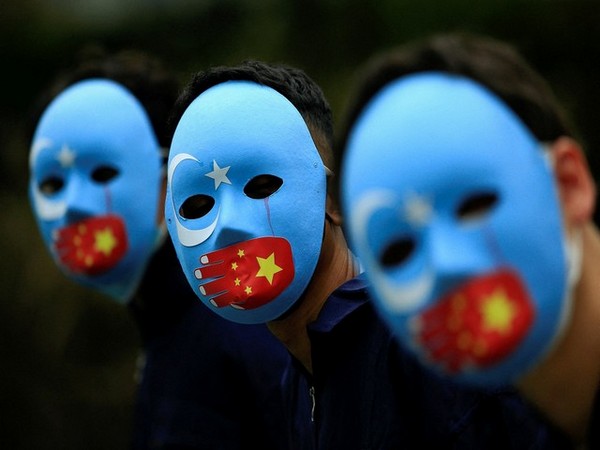Cambodia deported 20 Uyghur asylum seekers back to China fifteen years ago, where they were imprisoned, tortured, and subjected to severe human rights abuses, according to sources, as quoted by Radio Free Asia. One woman, who was released later, said that she suffered a miscarriage due to the torture that included electric shocks and being left almost naked in a freezing prison cell. Additionally, a severely ill man serving a 20-year sentence was forced to perform labour in prison.
The Uyghurs had fled China’s Xinjiang region following violent clashes between Muslim Uyghurs and Han Chinese in Urumqi in July 2009, which led to increased surveillance and mass incarcerations in so-called “re-education” camps from 2017 onward, as reported by Radio Free Asia. However, under pressure from Beijing, the Cambodian government deported them back to China despite widespread international condemnation. After their return to Xinjiang, the Chinese government held a secret trial in Kashgar on December 24, 2010, sentencing them to prison.
Until recently, little was known about the fate of the deported Uyghurs, but Ayshemgul Omer, a relative of one of the detainees, has shared harrowing details to RFA. The 20 Uyghurs initially arrived in Cambodia and were granted temporary asylum while awaiting resettlement to a third country. Omer, who relocated to Turkey in 2014, had communicated with the families of the deported Uyghurs in Xinjiang and continued to stay in touch with them after leaving China. Omer stated that her relative, Memettursun Omer, is serving a 20-year sentence in Daheyan Prison in Turpan Prefecture and, despite being seriously ill, is forced to perform labour.
He suffers from Grave’s disease (hyperthyroidism) and experiences symptoms such as bulging eyes, trembling hands, joint pain, and constant hunger. Although prison authorities have provided some assistance, Omer’s family was unable to send him medication due to financial constraints. Ayshemgul Omer also reported that one of the deported women, Shahide Kurban, suffered a miscarriage due to the brutal treatment she endured. Kurban, who was pregnant at the time of her deportation, and her two children are the only deportees known to have been released from prison.
Kurban described the abuse she faced, including being held in a freezing cold room for 48 hours while wearing only undergarments, and being subjected to severe torture, including electric shocks during her first six months in detention. After being interrogated in Urumqi, she was transferred to Aksu and Kashgar for further questioning, where she miscarried. Despite China’s claims that Kurban and her children were released under favourable conditions, Omer confirmed their release but also reported that other Uyghurs, including Akber Tuniyaz, the refugees’ translator, were sentenced to prison, with the length of their sentences unclear.
Omer also shared that two deported Uyghurs, including Memet Eli Rozi, died in prison, while several others suffered from various health issues. Four Uyghurs, including Mutellip Mamut, were sentenced to life imprisonment, while others received sentences ranging from 16 to 20 years. The deportation of the Uyghurs occurred on December 19, 2009, at the request of Beijing, despite widespread international outcry and concerns for the refugees’ safety.
Both the United States and the United Nations urged Cambodia not to deport the Uyghurs, citing the principle of non-refoulement, which prohibits returning individuals to countries where they may face torture or persecution. Two days after the deportations, Chinese Vice President Xi Jinping signed agreements with Cambodia worth approximately US$1.2 billion in grants and loans. Cambodian officials expressed gratitude for China’s assistance, with government spokesman Khieu Kanharith claiming, “China has thanked the government of Cambodia for assisting in sending back these people.
According to Chinese law, these people are criminals.” In response to Cambodia’s actions, the United States imposed sanctions, suspending the shipment of 200 surplus military vehicles to the country. The deportation was condemned by the U.S., Turkey, Japan, and the European Union, and nearly 70 international human rights organizations called for transparency and fair trials for the 20 Uyghur deportees.

